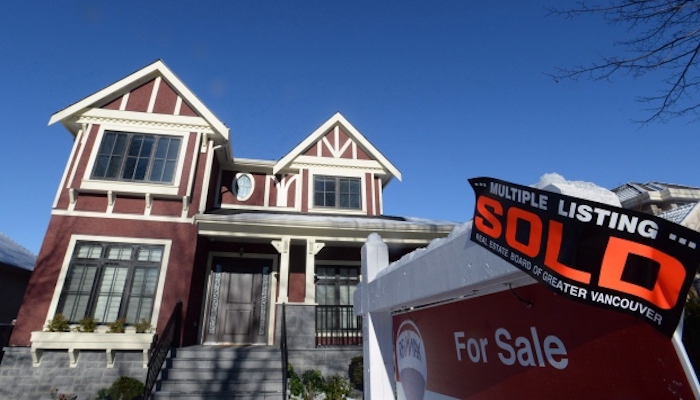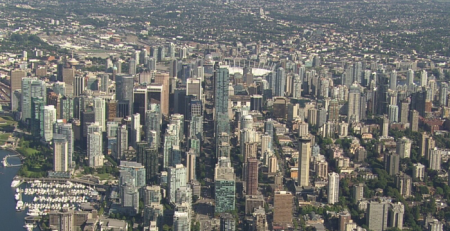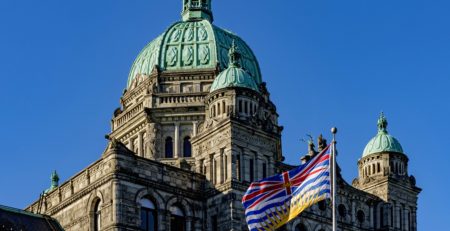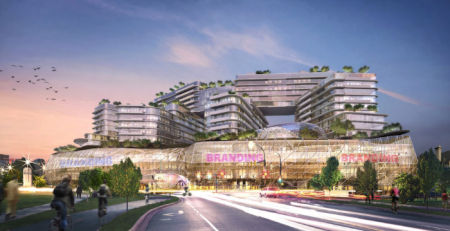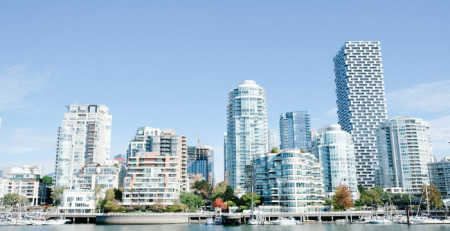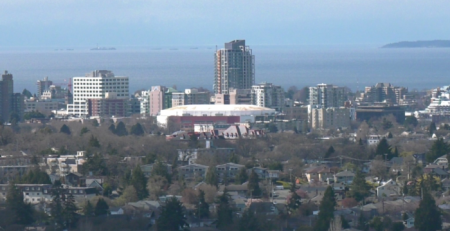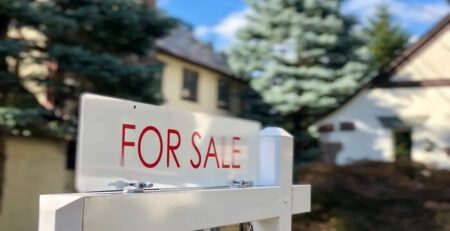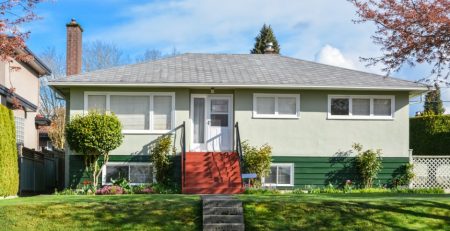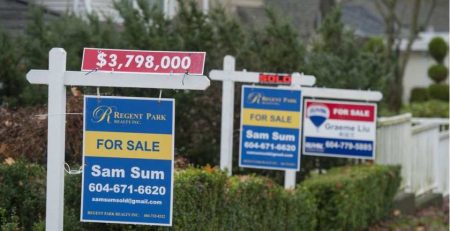Pent-up demand, falling prices fuel first monthly housing sales increase in Vancouver in 18 months
[Globe and Mail – August 2, 2019]
Pent-up demand helped drive Greater Vancouver housing sales higher last month as buyers on the sidelines took advantage of slumping prices.
The Real Estate Board of Greater Vancouver said on Friday there were 2,557 sales in July for various housing types in the region, up 23.5 per cent from the same month in 2018. It marked the first time monthly sales have increased year over year since January, 2018.
Greater Vancouver’s residential benchmark price slipped in July to $995,200, down from a record high of $1.1-million in May, 2018, and the lowest since $992,500 in May, 2017, according to the board. The benchmark figure, an industry representation of the typical home sold in the region, has declined month over month for the 14th consecutive time.
Bryan Yu, deputy chief economist at Central 1 Credit Union, said that while sales jumped last month, the comparison is with sluggish activity in July, 2018, when transactions hit an 18-year low for the month.
“The economy is doing well and there have been quite a number of buyers coming off the sidelines. Some buyers have been looking for deals and there’s pent-up demand. They’ve found an entry point that they feel comfortable with,” he said. “But we have to wait and see if last month’s jump is more than an aberration. The question is whether the sales increase will be sustainable.”
Last month’s sales were 7.8 per cent under the 10-year average for July, although well above the 1,654 transactions for that month in 2000.
Mr. Yu said the federal mortgage stress test and various provincial policy measures have combined to cool off the market. On Jan. 1, 2018, Canada’s banking regulator implemented a stress test, making it more difficult for buyers to qualify for mortgages.
He added that it is too early to accurately gauge the impact of unrest in Hong Kong on Vancouver real estate. “At this point, it’s a lot of speculation,” he said. “There’s a financial sector in Hong Kong that’s still lucrative for many people.”
It remains a buyer’s market in Greater Vancouver, with the number of properties listed for sale rising 17.3 per cent over the past year.
“Those looking to buy today continue to benefit from low interest rates, increased selection and reduced prices compared to the heated market a few years ago,” board president Ashley Smith said in a statement.
On Vancouver’s West Side, the benchmark price for detached houses sold in July decreased to $2,895,400, down 13.6 per cent compared with a year earlier.
In the Fraser Valley Real Estate Board’s territory, which includes the sprawling Vancouver suburb of Surrey, there were 1,458 sales in July, up 13 per cent from the same month in 2018. The average price for detached houses sold in the Fraser Valley fell to $967,439 last month, down 11.7 per cent compared with July, 2018.
The B.C. government’s foreign-buyers tax came into effect in August, 2016, in response to concerns about the role of international influences during the housing boom from mid-2013 to mid-2016. The proportion of foreign buying in the Vancouver region has gone from roughly one in every eight transactions before the tax to one in every 60 in May, 2019.
Industry observers say other factors dampening the housing market include a crackdown on money laundering, taxes aimed at higher-end properties, as well as what the provincial government calls a “speculation and vacancy tax,” which targets primarily out-of-province residents who don’t rent out their homes.

